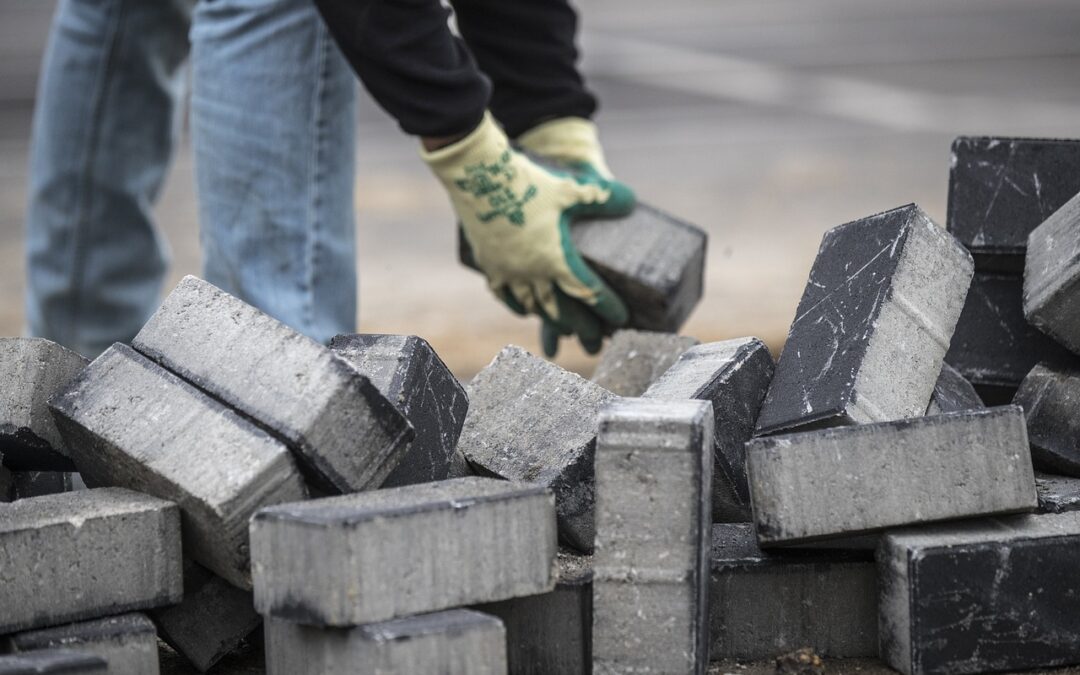Contents
- 1 Protect Your Concrete: Ultimate Guide to Waterproofing and Sealing Solutions
- 2 Understanding the Importance of Concrete Waterproofing
- 3 Types of Concrete Waterproofing Methods
- 4 How to Seal Concrete Surfaces
- 5 Vital Concrete Repair and Restoration Techniques
- 6 Benefits of Professional Waterproofing and Sealing Services
- 7 Choosing the Right Contractor
Protect Your Concrete: Ultimate Guide to Waterproofing and Sealing Solutions
TL;DR
Protect your concrete structures from water damage, enhance their durability, and maintain their aesthetic appeal with comprehensive waterproofing and sealing solutions. This guide covers various materials, techniques, and best practices for safeguarding your concrete against harsh elements and preserving its integrity.
Understanding the Importance of Concrete Waterproofing
Concrete is a versatile building material widely used in construction. However, it has inherent porosity, which makes it susceptible to water infiltration. Water penetration can cause severe problems, including structural damage, mold growth, and corrosion of reinforcement. Waterproofing acts as a protective barrier, preventing water from entering the concrete and mitigating these risks.
Types of Concrete Waterproofing Methods
There are several methods for waterproofing concrete, each with its unique benefits and applications:
Membrane Systems
Membranes are pre-fabricated sheets or coatings applied to the concrete surface. They create a waterproof barrier that prevents water from penetrating the concrete. Membranes can be made from various materials, including polyethylene, PVC, and bitumen.
Integral Admixtures
Integral admixtures are chemicals added to the concrete mix during mixing. These admixtures react with the concrete and form a dense, waterproof matrix that reduces the porosity of the concrete. They are particularly effective for below-grade applications.
Penetrating Sealers
Penetrating sealers are liquids that penetrate the pores of the concrete and react with the minerals to form a hydrophobic (water-repellent) barrier. They are suitable for both interior and exterior applications and provide long-term protection against water penetration.
How to Seal Concrete Surfaces
In addition to waterproofing, sealing concrete surfaces enhances their resistance to stains, abrasion, and other harsh conditions:
Surface Sealers
Surface sealers are applied to the top of the concrete and form a protective film that prevents water, dirt, and other substances from penetrating the surface. They can be clear or pigmented and provide a glossy or matte finish.
Impregnating Sealers
Impregnating sealers penetrate the concrete and react with its minerals to create a durable, water-resistant barrier. They are suitable for both new and existing concrete structures and provide long-lasting protection against weathering.
Vital Concrete Repair and Restoration Techniques
Concrete structures may require repairs over time due to damage or deterioration. Common repair methods include:
Patching and Repair Mortars
Patching and repair mortars are used to fill cracks, holes, and other defects in concrete surfaces. They provide structural support, restore the integrity of the concrete, and prevent further damage.
Epoxy Injections
Epoxy injections are a specialized technique used to seal cracks and voids deep within the concrete. Epoxy is injected under pressure into the cracks, filling voids and strengthening the concrete.
Structural Reinforcement
In cases of severe damage, structural reinforcement techniques may be necessary to restore the load-bearing capacity and stability of concrete structures. This may involve adding external supports, strengthening beams and columns, or underpinning foundations.
Benefits of Professional Waterproofing and Sealing Services
Utilizing professional waterproofing and sealing services offers numerous advantages:
Expertise and Experience
Professionals have the knowledge and experience to assess the specific needs of your concrete structures and recommend the most suitable solutions. They ensure proper installation, application, and ongoing maintenance.
High-Quality Materials
Professional contractors use high-quality materials that meet industry standards and provide long-lasting protection against water damage.
Warranty and Support
Professionals typically offer warranties for their services, giving you peace of mind and ensuring accountability for the work performed. They also provide ongoing support and maintenance advice.
Choosing the Right Contractor
Selecting a reputable and experienced contractor is crucial for successful concrete waterproofing and sealing projects. Consider factors such as their:
Experience and References
Seek contractors with a proven track record of successful projects and positive customer testimonials.
Licensing and Insurance
Ensure the contractor is fully licensed and insured to protect you against accidents or liabilities.
Customer Service and Communication
Choose a contractor who is responsive, transparent, and willing to answer your questions throughout the project.
By following these guidelines, you can effectively protect your concrete structures, ensure their durability, and preserve their appearance for years to come. Investing in professional waterproofing and sealing services is an intelligent decision that safeguards your investment and provides long-term peace of mind.

